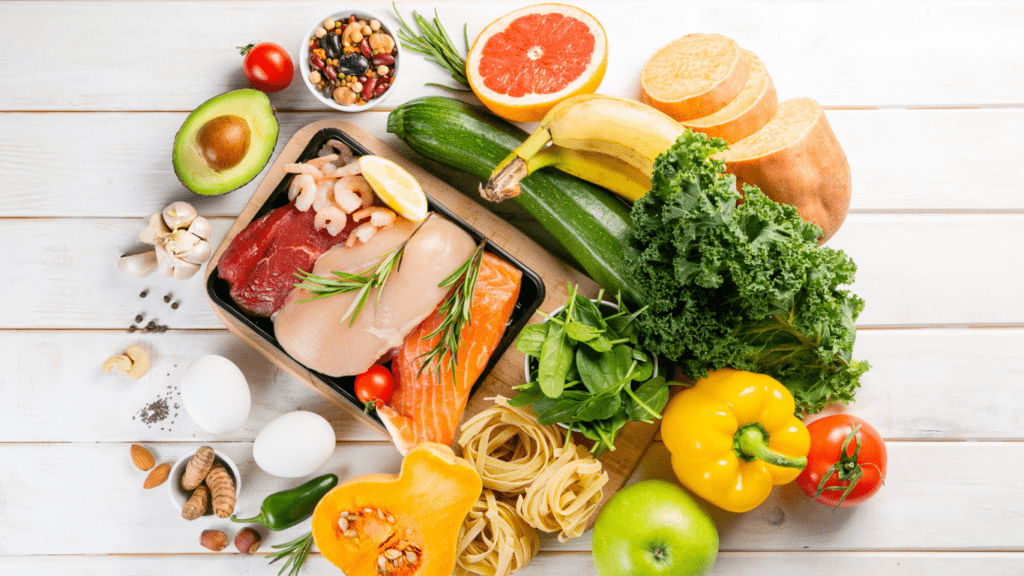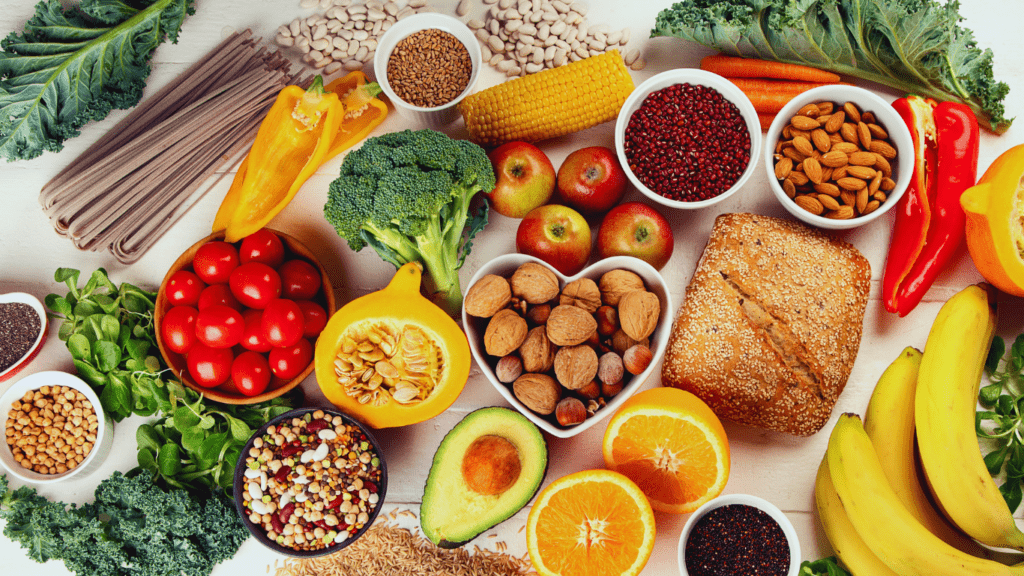When it comes to staying healthy, the debate between supplements and whole foods feels more relevant than ever in 2025. With advancements in nutrition science and a growing array of options, it’s easy to wonder which truly delivers the best results for our bodies. Should we rely on supplements to fill nutritional gaps, or stick to the tried-and-true benefits of whole foods?
Understanding Supplements And Whole Foods
Advancements in nutrition science emphasize the importance of understanding supplements and whole foods. Each offers unique advantages based on health goals and daily routines.
Defining Supplements And Their Purpose
Supplements are concentrated forms of nutrients like vitamins, minerals, amino acids, or herbs. They fill nutritional gaps when dietary intake falls short. For example, vitamin D supplements help individuals with limited sun exposure or those in regions with minimal sunlight. Supplements focus on delivering specific nutrients in measured doses, offering convenience to those with busy lifestyles or restricted diets. However, they lack the synergistic compounds found in whole foods.
What Are Whole Foods?
Whole foods include:
- fruits
- vegetables
- grains
- nuts
- seeds
- unprocessed animal products
They provide a balanced combination of macronutrients, micronutrients, fiber, and bioactive compounds. For instance, spinach contains iron, vitamin C, and antioxidants, which work together to improve nutrient absorption and support overall health. Whole foods contribute to better digestion, reduced risk of chronic diseases, and long-term wellness but may require more time and preparation compared to supplements.
Trends In Nutrition For 2025
In 2025, shifting dietary habits and technological advancements continue to reshape how individuals approach their nutrition. Both supplements and whole foods play a significant role, influenced by innovation and changing consumer priorities.
Advances In Supplement Technologies
Supplement technologies now focus on precision and bioavailability improvement. Using nanotechnology, manufacturers create nutrient delivery systems that enhance absorption, such as nano-encapsulated vitamins. AI-driven personalization enables tailored supplement plans based on genetic, microbiome, and lifestyle data. Plant-based alternatives, like algae-derived omega-3s, gain traction for being sustainable and allergen-friendly. Additionally, hybrid products blending whole food components with supplements blur traditional boundaries, offering enriched yet natural options.
The Rise Of Whole Food Movements
Whole food movements emphasize transparency, sustainability, and minimal processing. Regenerative agriculture gains popularity for promoting nutrient-rich produce and environmental conservation. Consumers seek functional foods high in nutritional density, like fermented products and ancient grains. Global trends highlight regional diets, such as the Mediterranean and Nordic diets, for their potential health benefits. As awareness grows, labels spotlight non-GMO certifications, organic origins, and ethical practices to meet demand.
Benefits And Drawbacks Of Supplements

Supplements offer targeted nutrition solutions, but they also come with potential downsides. Evaluating their advantages and disadvantages depends on factors like individual health needs, lifestyle, and dietary habits.
Pros Of Supplements
1. Convenience
Supplements provide nutrients in a portable, easy-to-consume form, ideal for busy lifestyles or those with limited access to varied foods.
2. Nutrient Precision
Modern advancements, including AI-driven personalized supplements, ensure precise nutrient delivery tailored to individual deficiencies or goals.
3. Bioavailability Enhancements
Technologies like nanotechnology improve nutrient absorption, making supplements effective even for people with absorption issues or specific health conditions.
4. Dietary Gap Filling
Supplements address deficiencies, such as Vitamin D for those with limited sun exposure or B12 for individuals following plant-based diets.
5. Sustainability Options
Many 2025 supplements, including algae-sourced omega-3s, focus on eco-friendly, ethically produced alternatives to traditional sources.
Cons Of Supplements
1. Overuse Risks
Over-reliance on supplements can lead to excessive intake of certain nutrients, potentially causing toxicity or imbalances.
2. Limited Nutritional Scope
Unlike whole foods, supplements lack synergistic compounds like fiber or phytonutrients, reducing overall health benefits.
3. Regulatory Concerns
Supplements often face less rigorous regulation than pharmaceuticals, which can raise issues of quality, consistency, or misinformation about effectiveness.
4, High Costs
Precision supplements and advanced formulations, while effective, are often expensive and may not be accessible to all.
5, Dependency Potential
Regular use of supplements could discourage dietary diversity, leading to an over-reliance and reduced focus on improving food-based nutrition.
Benefits And Drawbacks Of Whole Foods
Whole foods provide a comprehensive range of nutrients essential for optimal health, but they also come with certain limitations. Balancing these aspects can shape how individuals approach nutrition in 2025.
Advantages Of Whole Foods
Whole foods contain a broad spectrum of nutrition. Fruits, vegetables, whole grains, and lean proteins provide macronutrients, micronutrients, fiber, and bioactive compounds that promote overall health. These components work synergistically, improving absorption and effectiveness compared to isolated nutrients in supplements.
Whole foods support long-term health. They help reduce risks of chronic conditions like heart disease, diabetes, and obesity when consumed as part of a balanced diet. Antioxidants in berries, omega-3s in fatty fish, and complex carbohydrates in whole grains are key examples contributing to these outcomes.
Whole foods enhance digestive health. Fiber in plant-based foods aids digestion and fosters beneficial gut microbiota, improving nutrient absorption and immune function. For instance, fiber-rich legumes and oats contribute to this process effectively.
Limitations Of Whole Foods
Whole foods demand time and preparation. Cooking and meal planning can be challenging for individuals with busy schedules or limited culinary skills. For example, preparing meals with fresh produce requires washing, peeling, and cooking, which may deter consistent use.
Nutrient density varies. Factors like soil quality, farming practices, and storage affect the nutritional value of whole foods. Produce grown in nutrient-depleted soil, for example, may contain fewer vitamins and minerals.
Accessibility can be an issue. Not everyone can access affordable, high-quality whole foods, particularly in food deserts or regions where fresh produce is scarce. Costs and availability impact consumption choices.





